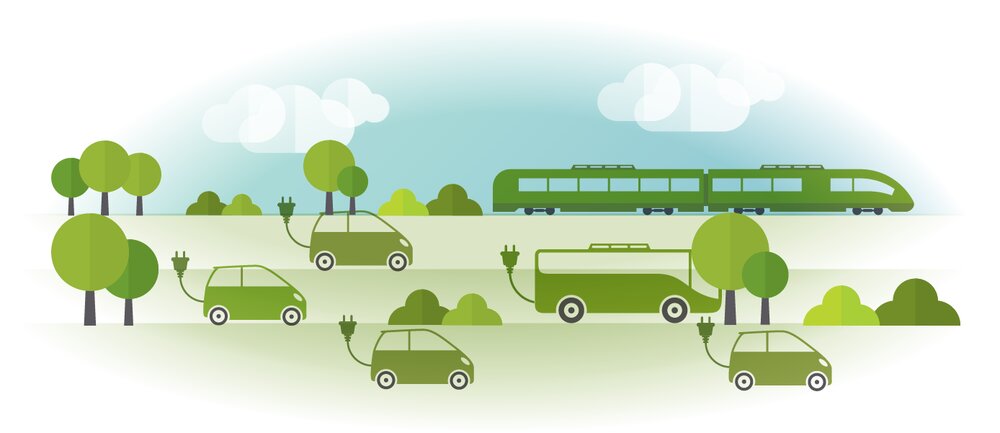Interior Ministry, Sharif University, Traffic Police, Cycling Federation to promote clean transportation

TEHRAN — The Municipalities and Village Administrators Organization, affiliated to the Ministry of Interior, along with Traffic Police, Sharif University of Technology, and Cycling Federation of Iran have agreed to cooperate on promoting clean transportation, IRNA news agency reported on Tuesday.
Within the framework of a memorandum of understanding signed between the Municipalities and Village Administrators Organization and Traffic Police, the two bodies will cooperate on encouraging clean transportation among the public by promoting the culture of using public and clean transport options, the report highlighted.
Moreover, the Municipalities and Village Administrators Organization and Sharif University of Technology’s energy research institute have agreed on advancing clean transportation through research and developing modern technologies in urban transportation.
Domestic production of clean transportation to decrease currency outflow, developing electric transportation technologies and utilizing them in production of motorcycles, bicycles, and scooters and supporting startups and knowledge-based companies in this regard are among the other issues agreed upon by the Municipalities and Village Administrators Organization and Sharif University of Technology.
And finally, as per an agreement reached between the Municipalities and Village Administrators Organization and the Cycling Federation, the federation is tasked with promoting cycling among the public and most importantly students and recognizing cities with best potentials for cycling.
Current transportation systems come along with a wide range of problems including global warming, environmental degradation, health implications (physical, emotional, mental, spiritual), and emission of greenhouse gases. Transportation is the sector being targeted since it is the major contributor to greenhouse gas emission. The immediate and obvious solution to this wanton environmental pollution is greening of the transport sector. Thus green transportation is being developed to promote transportation practice or vehicle that is eco-friendly and does not have any negative impact on the immediate environment.
According to the envibrary.com, today over 90% of all road transportation relies on oil, going hand-in-hand with the total global oil consumption, which stands at 60%. Out of the total greenhouse gas emissions, road transport takes up a lion share, 75% to be precise and this trend is projected to increase in the future if it continues unabated. All this puts a lot of pressure on the national governments to devise policies to reduce greenhouse gas emissions as well as oil demands.
Green transportation modes
Electric bikes or e-bikes are great modes of green transportation because they don’t release any harmful emission into the environment.
In addition to e-bikes electric cars or battery powered cars have been circling around the streets for quite a few years now. They are smaller, lighter and comparatively much slower than the conventional fuel powered cars.
Moreover, major airplane manufacturers are now planning to design and develop the concept of electric planes and personal flying vehicles to take the future of eco-friendly flights to another level. Boeing and Airbus, two of the largest aircraft manufacturing companies in the world invested in working to build electric aircraft for commercial.
A Hyperloop is also the most advanced proposed future mode of passenger transportation that works as a sealed tube or system of tubes through which a pod may travel free of air resistance or friction. The concept of Hyperloop transportation was introduced and named by Elon Musk in August 2013.
It uses a linear electric motor to accelerate and decelerate an electromagnetically levitated pod through a low-pressure tube. The vehicle will glide silently for miles at speeds up to 670 mph (1080 km/h) with no turbulence. This would help facilitate transportation at high speed while being very efficient.
Unfortunately the biggest reason for the failure in setting up the perfect foundation for a clean and sustainable future is the investment. It has been well observed that many under-developed and developing countries are failing to establish modes of green transportation due to the initial investment costs being high.
But experts widely believe that the profit acquired from such transportation in the future will be much more than the investment. Thus making green transportation extremely profitable, effective and most importantly sustainable.
MQ/MG
